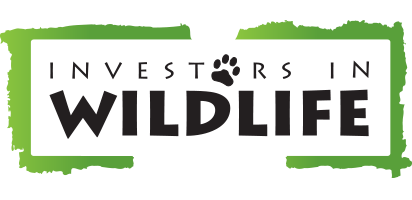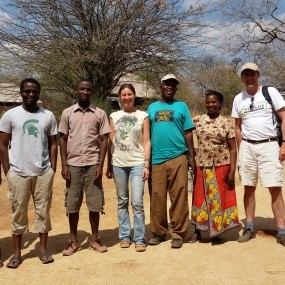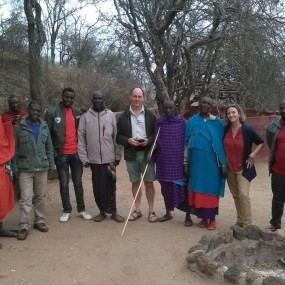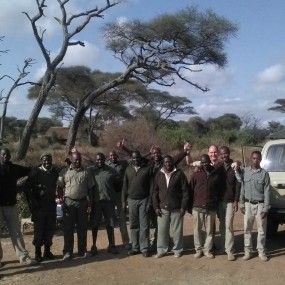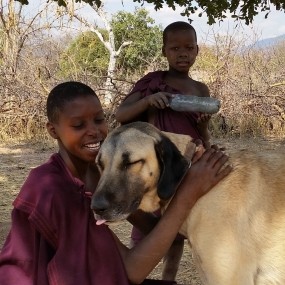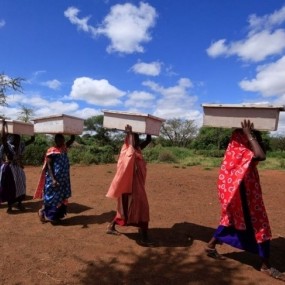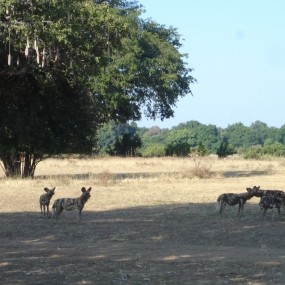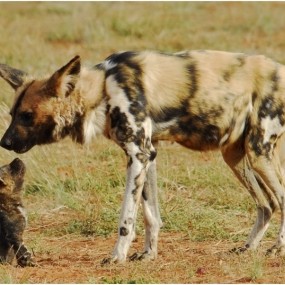Also in Endangered Species - Cheetah and Giraffe Conservation | Rhino and Chimpanzee Conservation | Orangutan Rescue
Ruaha Carnivore Project
Tanzania’s 50,000km2 Ruaha landscape is one of the most important places in the world for threatened large carnivores. At the heart of the landscape is the Ruaha National Park – which at over 20,000km2 in size is the largest park in East Africa. The park is surrounded by Game Reserves, Wildlife Management Areas and village land, all of which represent important wildlife areas.
Ruaha is thought to support over a tenth of the world’s lions, one of only four big cheetah populations in East Africa, the third biggest population of endangered African wild dogs in the world, and globally important populations of spotted hyaenas and leopards.
In 2009, Dr Amy Dickman established the Ruaha Carnivore Project (RCP) in order to do two things: to work with local communities to mitigate the intense human-carnivore conflict, and to collect the first scientific data on Ruaha’s large carnivores to inform future conservation strategies
African People & Wildlife
African People & Wildlife (APW) works to ensure a future where humans and wild animals thrive living side by side. Established by zoologist Laly Lichtenfeld PhD, APW partners with local communities to create effective, sustainable solutions that improve the lives of rural Africans while protecting the natural world.
The model establishes long-term relationships with local communities, empowering rural Africans to successfully manage their natural resources while achieving significant ecological and financial benefits. It also develops a sense of trust as APW works hand-in-hand to develop solutions to conservation and natural resource challenges.
Northern Tanzania is one of the world’s greatest centres of large mammal biodiversity. Today, human population growth, unplanned development, agricultural expansion, human wildlife conflict, and climate change threaten the future of the region. APW is currently applying its model in six critical conservation landscapes across this region, and plan to scale it even further into surrounding areas in the coming years.
Key programmes:
Every day, lions and other large carnivores are killed as their habitats collide with expanding human communities. APW reduces conflict between people and wildlife through innovative solutions that balance science and technology with traditional knowledge.
The protection of wildlife and vital habitats requires the commitment of rural people. APW partners with local communities to conserve endangered species and safeguard natural resources.
Due to the negative effects of climate change, increasing livestock populations, and shifts in land use, the quality of critical pastures in northern Tanzania is declining. APW helps rural communities to preserve their livelihoods through effective natural resource management.
APW is helping to grow the next generation of conservation leaders, directly impacting rural children through a variety of programmes.

